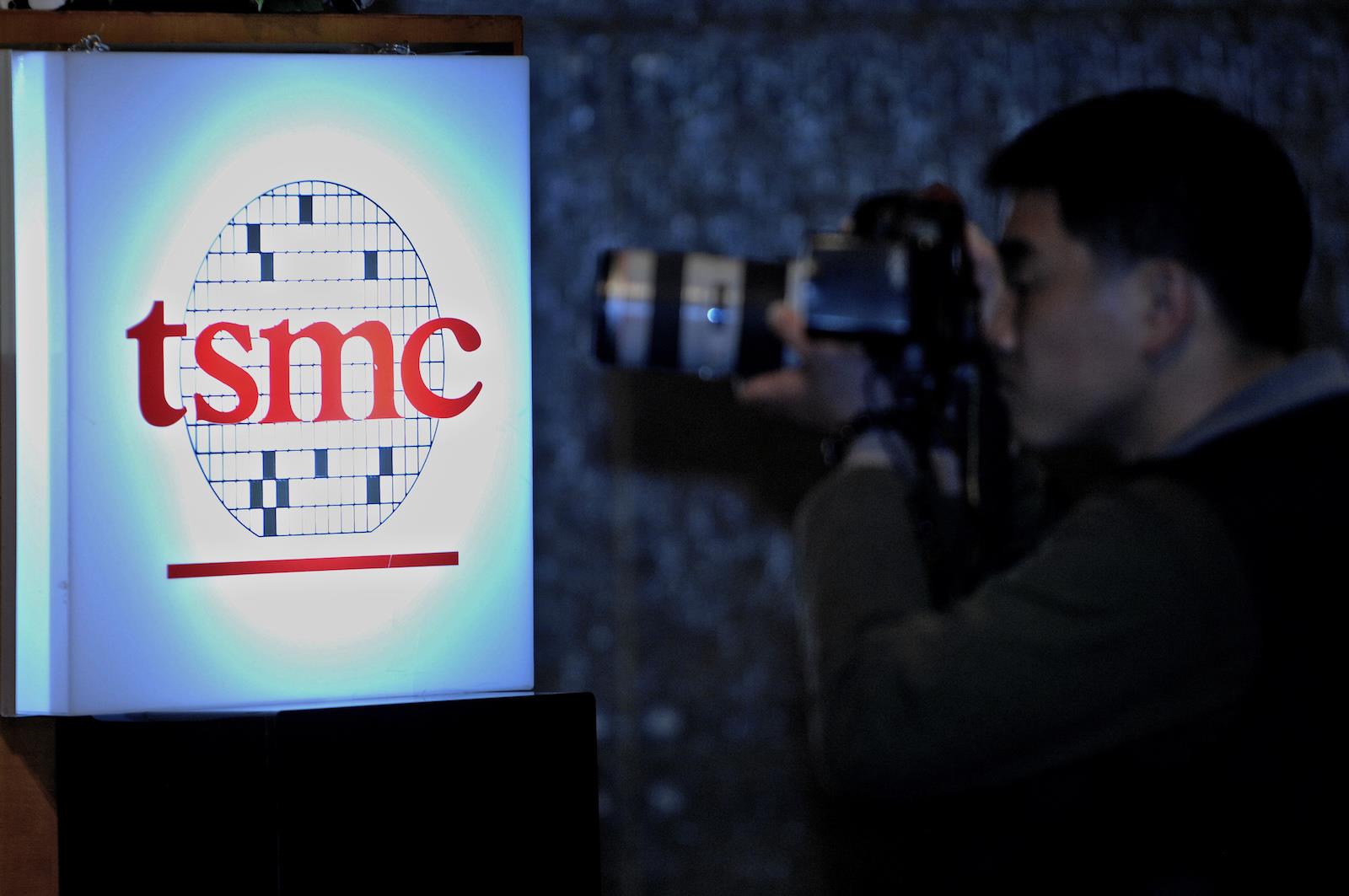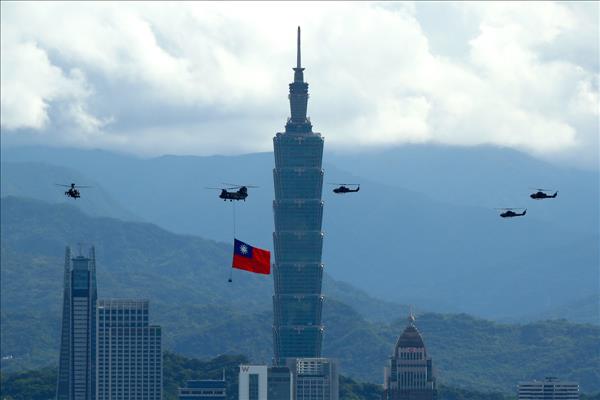(MENAFN- Asia Times) Volatility is perhaps the best word to describe Taiwan's 2022. Though initial economic forecasts expected Taiwan to continue its strong growth from 2021, Taiwan's actual annual GDP growth rate - 2.43% - was nearly half of 2022's projected 4.42%.
Actual growth in the fourth quarter contracted 0.86%, a rare 5% departure from the original forecast of a 4.94% increase.
One reason behind this volatility was the weakening demand in major markets, especially in the second half of 2022. After 26 months of continual growth, Taiwan's exports started to decline in September 2022. In december , exports declined by 12.1%, marking the country's worst-performing December in six years.
The Russian invasion of Ukraine unquestionably affected the global economy, with high inflation and supply disruptions worldwide. Other minor factors, including China's zero-Covid restrictions and the escalation of the US-China tech war, also contributed to Taiwan's economic volatility.
On the political front, Taiwan's relationship with China is another source of volatility. Tensions have been growing in the cross-strait relationship during the last six years of Taiwanese President Tsai Ing-wen's administration.
The year 2022 was particularly volatile, with a military“new normal” emerging after the US House of Representatives Speaker Nancy Pelosi visited taiwan in august 2022 .
In response to Pelosi's trip, China launched several military exercises around Taiwan, including firing ballistic missiles over Taiwan, joint air–naval operations that crossed the de facto median line and live-fire drills close to the edge of Taiwan's territorial waters.
These time-limited military exercises quickly turned into persistent incursions. The Strait's median airspace line has been crossed daily since August and four Chinese naval vessels are stationed close to areas outside Taiwan's four main seaports.

Tourists look on as a Chinese military helicopter flies past Pingtan island, one of mainland China's closest points to Taiwan, in Fujian province on August 4, ahead of massive military drills off Taiwan. Photo: Twitter / JIJI
The short-term economic impacts of this“new normal” seem to be limited.
Taiwan government data shows private investment is expected to reach a 27-year high in 2022, with an 85% increase in foreign direct investment inflows. Yet the negative long-term effects on business confidence are growing .
China's actions, including signaling a possible blockade around Taiwan, elevated investors' concerns over a military confrontation. This has already translated into Taiwan's significant drop in global investment risk rankings .
The direct impacts of this“new normal” are mainly political. Pelosi's visit and the subsequent escalation of cross-strait tensions have prompted the main opposition party, the Kuomintang (KMT), to claim that the government is overly inclined towards an unreliable United States.
They argue the United States is just playing the“Taiwan card” as part of its strategic competition with China and that dependency on the United States is inconsistent with Taiwan's national interest.
Another related development that is escalating the political debate on the United States is the decision by the Taiwan Semiconductor Manufacturing Company (TSMC) to increase both its investment - from US$12 billion to $40 billion by 2026 - and technology production levels in Arizona. Some in Taiwan argue the US push for TSMC to“re-shore” is malicious and anti-competitive.
The validity of these arguments warrants further examination. Taiwan should welcome any international leaders and friends that show support by way of visiting. Despite different domestic considerations, the significance of such visits and other explicit support is demonstrated by the war in Ukraine.
Taiwan and all visiting leaders are also not acting to change the status quo through these visits - the cross-strait“new normal” should be best defined as grey zone coercion .
Instead of debating whether the United States is trustworthy, the critical issue for Taiwan is how to deter future chinese coercion . Deterrence surely includes reducing provocations and assessing allies' trustworthiness, yet confining the discussion to US skepticism is not in Taiwan's interest.
The TSMC debate is also unfounded. TSMC and other chip manufacturing operators in Taiwan are kingmakers in the chip sector via the supply of professional contract manufacturing services.
Since most US-based fabless companies, such as Apple, AMD, Nvidia and Qualcomm, rely on their services for product commercialization, undermining TSMC means undermining US interests.
The maximum output capacity of TSMC's US facility will be 600,000 chips per year by 2026, constituting only around 4% of TSMC's total 2022 output. The Arizona plant, as well as TSMC's diversification plans in Japan and Europe, is more of a partial diversification program.

Taiwan Semiconductor Manufacturing Company logo. Photo: AFP / Sam Yeh
With major countries rushing to increase their semiconductor autonomy, Taiwan faces new challenges in light of supply chain transformation and global competition. But these challenges are not attributable to Washington.
In 2023, Taiwan's economy will still be defined by some volatility as major markets risk heading into recession. US skepticism is also likely to continue as Taiwan's“new normal” faces fresh tests. Ensuring economic resilience and sustaining investors' confidence will be critical for Taiwan.
The most important issues for 2023 are to reduce the dominance of the single-issue political debate and build consensus on how to deter China's increasingly assertive coercion.
Roy C Lee is Deputy Executive Director at the Taiwan WTO and RTA Center, Chung-Hua Institution for Economic Research (CIER).
This article , republished with permission, was first published by East Asia Forum, which is based out of the crawford school of public policy within the college of asia and the pacific at the australian national university .





















Comments
No comment